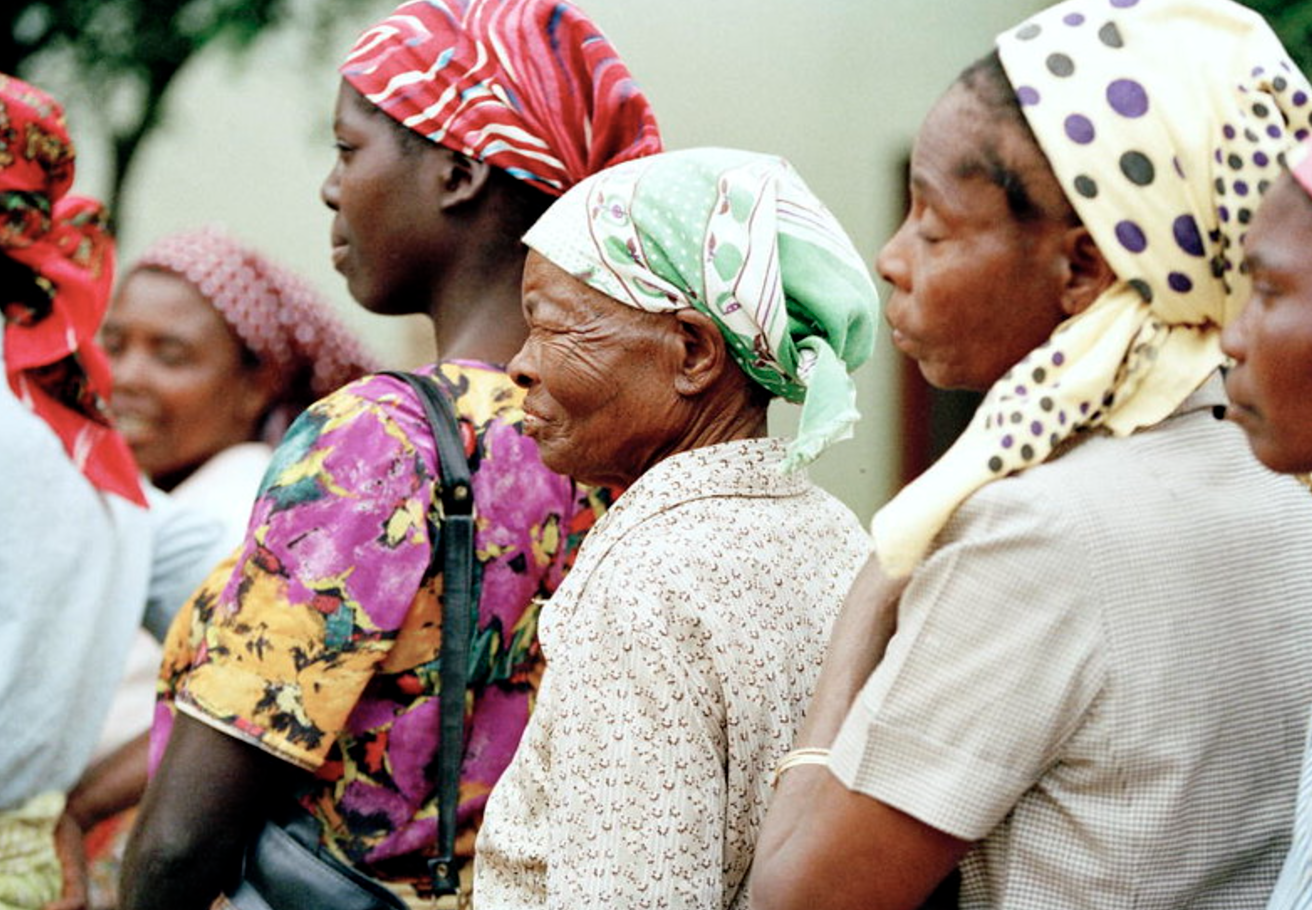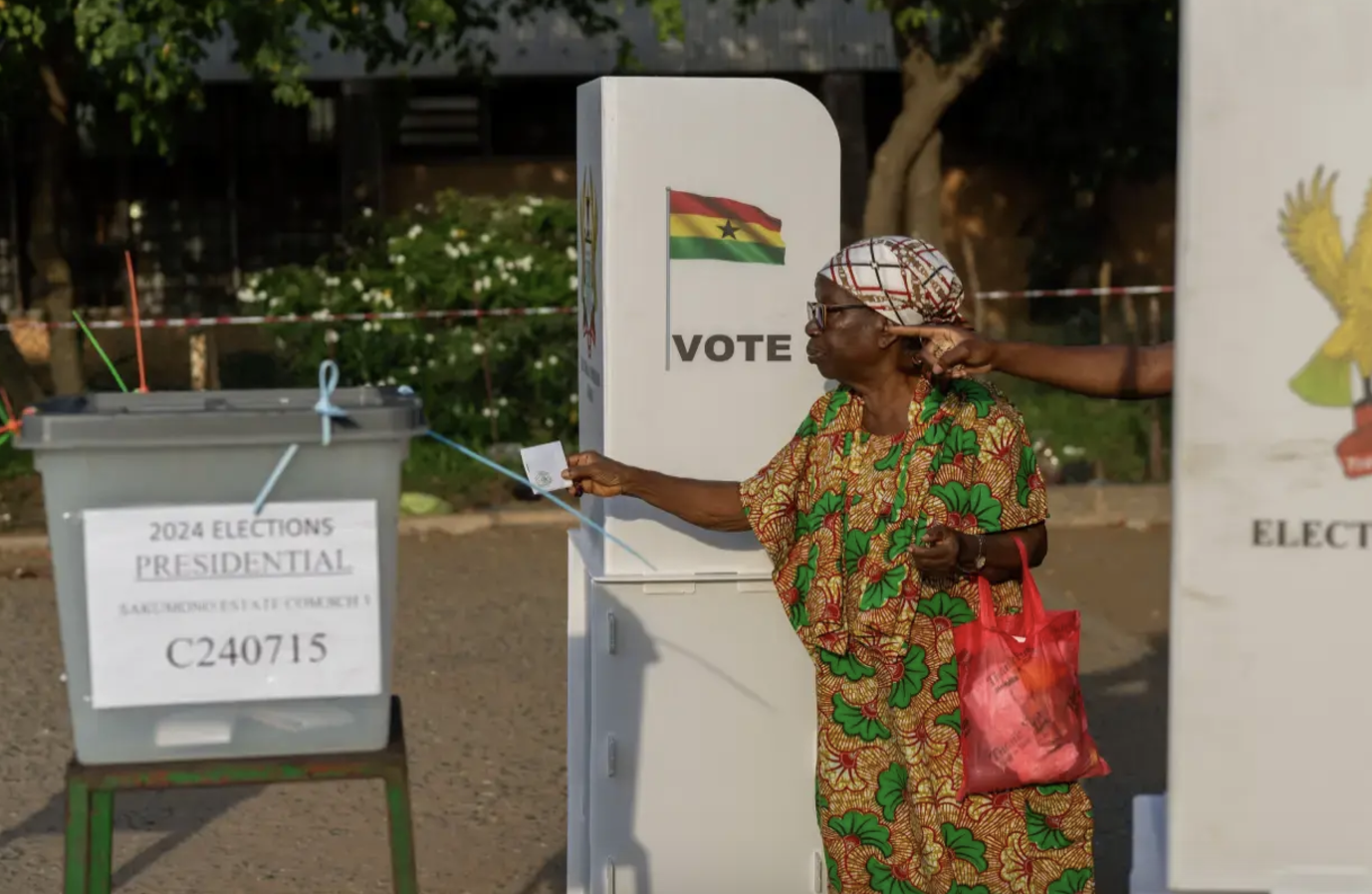News
Mozambique’s Hapless Government shows Precisely why Oppositions Thrive
If it wants to be on the right side of history rather than the historical side of righteousness, South Africa needs to return democracy to the centre of its international relations and understand that this is the only way to secure regional stability and economic progress.

Former Director, The Brenthurst Foundation

Former Research Director, The Brenthurst Foundation

A video widely circulated on social media shows troops in uniforms strikingly similar to those of the Rwandan military in Maputo being challenged by citizens who ask them why none of them speaks a local language.
Rwanda has, of course, denied this, stating that all its troops are deployed in the Cabo Delgado region. To admit otherwise would be deeply embarrassing for the Frelimo government of President Daniel Chapo, the successor to the hapless Filipe Nyusi.
It was notable that in May this year, as the election campaign got going, Rwanda deployed a further 2,500 troops in Mozambique, ostensibly to bolster the fight against terrorism in the northern provinces.
Nothing better illustrates the weakness of the Mozambican state than its reliance on Rwanda – or the foreign force wearing similar camo – for its national security.
The collapse of governance and the openly corrupt feeding frenzy under Nyusi is precisely why Mozambicans turned up in their numbers to vote out Frelimo in the recent election.
Despite parallel poll tallying by the opposition showing a victory for the Optimistic Party for the Development of Mozambique (Podemos), and opposition candidate Venâncio Mondlane, Frelimo was declared the winner without a transparent account of where the votes came from. Adding fuel to the fire was the electoral commission’s ludicrous claim that Frelimo won no less than 70% of the vote, a figure completely at odds with reality.
Ramaphosa endorsement
The ink had barely dried on the commission’s absurd result when South Africa’s President Cyril Ramaphosa endorsed the outcome, sustaining a fine tradition of liberation movement solidarity in the face of blatant vote rigging which was perfected when then president Thabo Mbeki endorsed Robert Mugabe’s fraudulent victories.
“Based on the preliminary results, President Ramaphosa offers his warm congratulations to President-Elect Daniel Chapo and his party, FRELIMO.
“President Ramaphosa commends the people of Mozambique for their active and enthusiastic participation in the elections, especially women who constituted 53 percent of the voters.
“Similarly, President Ramaphosa applauds the CNE for the professional way in which they conducted the elections,” read a statement from the Presidency.
Read more: Mozambique’s dark hour — repression, digital isolation and the struggle for freedom
Since President Ramaphosa is not a stupid man, this speaks to a deeper, moral malaise.
The deaths of more than 50 people at the hands of security forces since the election did not warrant a mention in his statement although he expressed “concern about the ongoing post-election violence” including the death by assassination of two opposition figures who were bringing the legal case against the election before the courts.
Standing by the liberation elite
Ramaphosa’s determination to stand by the regional liberation elite, despite its obvious failings, further undermines South Africa’s stature and weakens democracy on the subcontinent as much as it underlines its central governing premise: democracy is useful when you are on top, but to be manipulated and even side-stepped when you are on the receiving end.
And, it sends a strong negative message to Mozambicans who are fighting the rigged election outcome.
It’s not as if Mozambique’s descent has not been documented.
Mozambique measured 3.5 in the Democracy Index – down from 5.3 in 2006 – as democratic norms have been systematically eroded. It ranks 105th in the World Press Freedom rankings with the state controlling all key media outlets.
Professor Luca Bussotti of Universidade Técnica de Moçambique (UDM), summed it up thus:
“The new Nyusi presidency showed, right from the start, signs of particular inefficiency. Major public services collapsed, driving citizens to exasperation.”
Voters became impatient with increasing corruption and the failure to pay civil servants’ salaries, which led to low morale in the armed forces.
Rwandan troops
Unable to deal with an insurgency in the north where a fertile ground of militancy was created by decades of zero development followed by big deals on gas fields which “totally” bypassed those living there, the government had to call in foreign troops.

Quick to respond was Rwanda, apparently at the behest of the French, whose gas interests were threatened. When post-election instability struck, it seems that the government had to call on these foreign forces to assist it to maintain stability, to highlight exactly why Mozambicans voted for the opposition. The interests of both France and Rwanda in Africa have not always exactly put local people first.
Mozambique is a Potemkin regime, an illusion of government designed, primarily, to maintain elite access to economic benefits. Anything more is not core business.
Whatever his instinctive genuflection to liberation theology and mythology, Ramaphosa appears unable to process the fact that instability in Mozambique adds another vector to South Africa’s mounting social challenges. Keeping the old liberation club in power at the expense of democracy undermines his standing with South Africans and the people of the region who are fed up with these extractive elites.
Read more: Mashatile side-steps questions on Mozambique, denies awareness of human rights violations
The same questions should be asked about SA’s relations with some of the most authoritarian regimes – what have our diplomats been doing for the past dozen years in Damascus, for example, save sucking hard on the taxpayer teat? Or what are they doing in Cuba, save grandstanding for the regime over individual rights? Why do we defend Venezuela or suck up to Iran? The list is long and whatever SA’s purpose, it is surely less to do with open and competitive governance than shady dealmaking.
These calcified liberation states are no longer the revolutionaries. They are the subject of a new wave of democratic revolution – through the ballot box and, where this is compromised, on the streets. They want to see the end of an elite system purposed towards enrichment and rent. And the challenge for these elites is that they no longer control the narrative.
The days of state-owned newspapers and television defining the boundaries of knowledge are over as social media becomes the primary source of information. Their attempts to manipulate this space are countered by the posting of real experiences of those on the ground.
If it wants to be on the right side of history rather than the historical side of righteousness, South Africa needs to return democracy to the centre of its international relations and understand that this is the only way to secure regional stability and economic progress. The old way of closing ranks with Potemkin regimes has patently failed and it is time for the new.
This article originally appeared on the Daily Maverick

